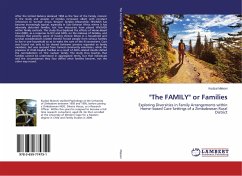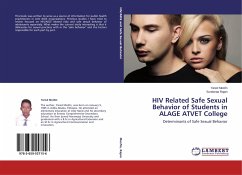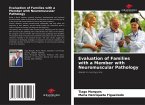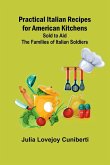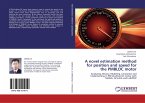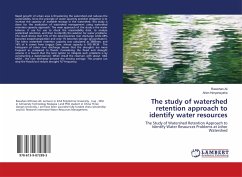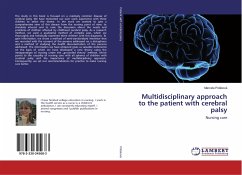After the United Nations declared 1994 as the Year of the Family, interest in the study and analysis of families increased, albeit with constant references to 'normal' versus 'deviant' families. Meanwhile, HIV/AIDS has become increasingly topical, especially in Sub-Saharan Africa where it has adversely distorted families, but few discourses have placed HIV/AIDS within family contexts. This study thus Explored the effects of Home-Based Care (HBC), as a response to HIV and AIDS, on the makeup of families, and showed that poverty, panic of having chronic illness in a household and survival considerations related thereto forced people from various families to live in one household so as to make the care of the ill convenient. Care was found not only to be shared between persons regarded as family members, but was received from trained community volunteers, while the presence of child-headed families as a result of AIDS-related deaths defied the normalization of 'the nuclear family'. The study thus teaches that families cannot be understood in aggregated terms, but that individuals and the circumstances they face define what families become, not the other way round.
Bitte wählen Sie Ihr Anliegen aus.
Rechnungen
Retourenschein anfordern
Bestellstatus
Storno

